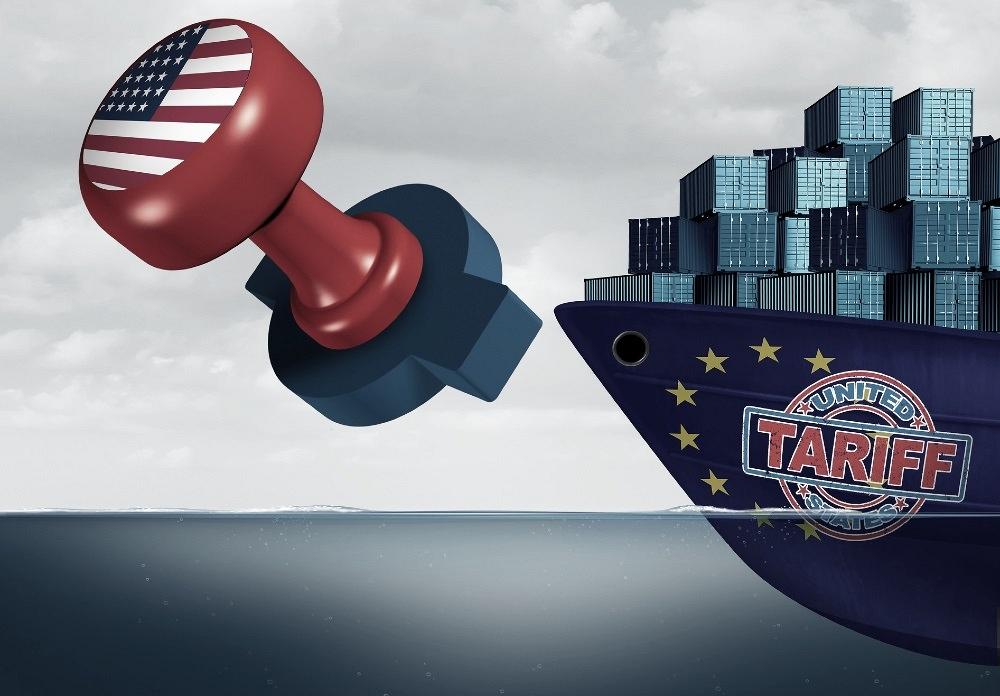The outcome of the EU’s steel safeguard review remains very open, while in the US, Section 232 tariffs are here to stay, said International Rebar Exporters and Producers Association (Irepas) committee members at the association’s virtual meeting this week.
Safeguard measures have resulted in serious shortages of some products in the EU, putting pressure on end users. Even if the measures are revoked after June, the market will normalise only in the first quarter of 2022 as it will take this long for orders to be placed, and steel to be produced and shipped to buyers, traders committee member Wilhelm Alff said at the meeting attended by Kallanish. This means downstream players will in any case suffer for the rest of 2021, he added.
If safeguards are extended, this will be bad for the EU’s trade negotiation position going forward. “Brussels needs to satisfy diverse lobbying interests,” Alff said. “The outcome is very, very open.”
In the US, Section 232 measures will remain in place as they provide a tax windfall to the government, observed traders committee member F.D. Baysal. Moreover, “Biden has continued if not increased the ‘Buy America’ policy,” he continued. “If every country followed this doctrine, we’d return to the days before the WTO.”
On the other hand, the Biden administration is talking about supporting the WTO, in contrast to predecessor Donald Trump’s combative stance towards the organisation. This is a positive, Baysal commented.
Huge US infrastructure investment has meanwhile been spoken about since the Obama administration but was never implemented. Baysal is hopeful this will materialise but said only US mills are likely to benefit due to infrastructure projects coming with a “Buy America” clause. This could further inflate US domestic steel prices.
As for potential EU scrap export restrictions, these are unlikely, said Irepas raw materials suppliers committee chairman Jens Björkman. “The amount of excess scrap [in the EU] is substantial, so the possibility to restrict exports from Europe or the US is challenging because there is the need to move material out of these regions,” he commented. The EU will increase the bureaucracy and paperwork required to export scrap in future, but exports will continue. “The fair trade mandate is strong,” Björkman added.
A number of solutions are being discussed, meanwhile, to the container shortage that has seen freight prices skyrocket. These include switching from container to bulk freight, which is “the opposite of what we did in 2003”, Baysal observed. India is planning to manufacture more containers to ease the shortage, while cargoes could also be moved from congested ports like Los Angeles to other regional ports to relieve congestion, he added.
Adam Smith Germany






